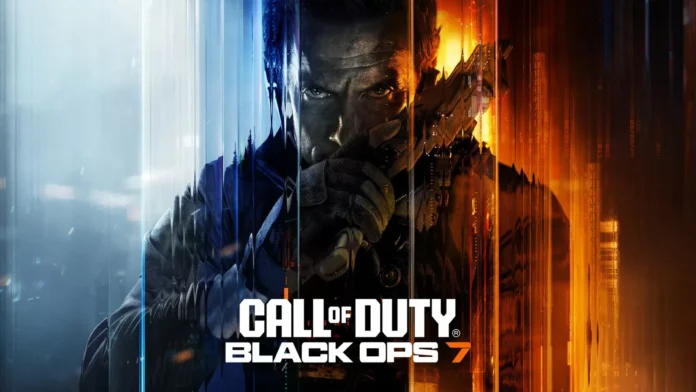The gaming industry is constantly evolving, with new technologies and advancements being introduced to enhance the gaming experience. With the upcoming releases of Call of Duty: Black Ops 7 and Battlefield 6, two of the biggest multiplayer shooter games in the market, Activision and Electronic Arts have announced new system requirements for PC players. These requirements include enabling Secure Boot and having TPM 2.0 support, as part of their expanded anti-cheat and digital rights management (DRM) policies.
Secure Boot and TPM 2.0 are hardware-based protections that have been introduced to ensure the integrity and security of the gaming experience. These measures have been implemented by gaming giants Activision and Electronic Arts to combat cheating and piracy, which have been major concerns in the gaming community.
Cheating in online multiplayer games has become a rampant issue, with players using various hacks and cheats to gain an unfair advantage over others. This not only ruins the gaming experience for honest players but also affects the overall balance of the game. With the implementation of Secure Boot and TPM 2.0, players will now have to go through an added layer of security, making it difficult for cheaters to manipulate the game.
Moreover, these hardware-based protections will also help in preventing piracy. With the rising popularity of digital downloads, piracy has become a major concern for game developers. By requiring players to have Secure Boot and TPM 2.0 support, Activision and Electronic Arts are taking a proactive approach in protecting their game from being illegally downloaded and distributed.
But what exactly are Secure Boot and TPM 2.0?
Secure Boot is a security standard developed by Microsoft that ensures the boot process of a computer is secure and has not been tampered with. It is designed to prevent malicious software from loading during the boot process, providing a secure foundation for the operating system to start. With Secure Boot enabled, any unauthorized changes to the boot process will be detected and prevented, ensuring the integrity of the system.
TPM (Trusted Platform Module) is a microchip that is built into the computer’s motherboard. It provides hardware-based security features that can be used for various purposes, including encryption, digital signatures, and secure boot. TPM 2.0 is the latest version of this technology, offering enhanced security features and improved performance. It is considered a critical component in securing the overall system and protecting against attacks.
By requiring players to have Secure Boot and TPM 2.0 support, Activision and Electronic Arts are not only ensuring the security of their games, but also the security of players’ systems. These measures will prevent any unauthorized access to the system, protecting personal information and sensitive data from being compromised.
However, this announcement has received mixed reactions from the gaming community, with some expressing concerns about the additional cost and potential compatibility issues. While enabling Secure Boot may be a simple process, not all computers may have TPM 2.0 support, and players may have to invest in a separate TPM 2.0 chip or upgrade their hardware to meet the requirements. This may be a hassle for some players, but it is a necessary step in ensuring a fair and secure gaming environment for all.
In conclusion, the implementation of Secure Boot and TPM 2.0 requirements for Call of Duty: Black Ops 7 and Battlefield 6 is a positive step towards ensuring a fair and secure gaming experience for players. It not only combats cheating and piracy but also protects players’ personal information and system security. With these measures in place, players can enjoy these highly anticipated games without any concerns about cheating or piracy, making it a win-win situation for all. So, gear up and get ready for an immersive and secure gaming experience with Call of Duty: Black Ops 7 and Battlefield 6.

